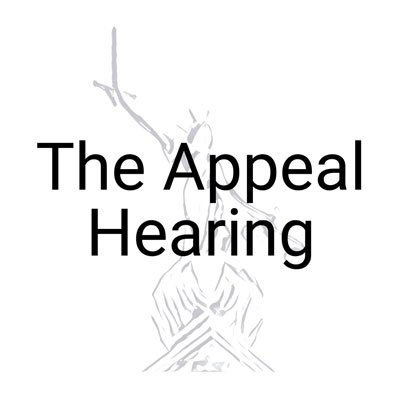Appealing against sentence to the Court of Appeal
All Contents > Appeal against Sentence > Appealing a magistrates’ court sentence > Appealing a Crown Court sentence > Appeal against Conviction
“If you have a good reason to feel unhappy about the sentence you received at the Crown Court you can seek permission to appeal (which is often referred to as seeking ‘leave’ to appeal) against sentence to the Court of Appeal (Criminal Division). This is done by serving an Application for Permission to Appeal and grounds of appeal within 28 days of your sentence. ”
On this page …
Your appeal against a Crown Court sentence
Do I have an automatic right to appeal against my Crown Court sentence?
What happens at the appeal against sentence hearing at the Court of Appeal?
What can the Court of Appeal do after hearing my appeal against sentence?
How do I appeal against sentence from the Crown Court to the Court of Appeal?
Bail pending appeal
Can I appeal out of time?
Can I appeal against both my sentence and conviction?
Are there any appeal risks? The 'Loss of time' order
Can I abandon my appeal against sentence?
Can I get new legal representation for my appeal? Due Diligence Requirements
Re-opening a Crown Court Sentencing Hearing - the ‘slip rule’
Criminal Cases Review Commission (CCRC)
Attorney-General’s References of Unduly Lenient sentences
Further Information (Forms, Guidance, Rules and Practice Directions)
More about sentencing
Your appeal against a Crown Court sentence
If you have a good reason to feel unhappy about the sentence you received at the Crown Court you can seek permission to appeal (which is often referred to as seeking ‘leave' to appeal) against sentence to the Court of Appeal (Criminal Division). This is done by serving an Application for Permission to Appeal and grounds of appeal within 28 days of your sentence.
If you are granted permission to appeal, the case will go to the full Court of Appeal who will reduce the conviction where it is considered to be wrong in law, manifestly excessive or wrong in principle.
You may feel, for example, that the sentence passed was far too long in the circumstances, or that the wrong type of sentence was imposed, such as an immediate prison sentence rather than a suspended sentence or community order.
Both the defence and the prosecution can appeal against a Crown Court sentence to the Court of Appeal, although the circumstances where the prosecution can appeal (which is carried out by an Attorney-General’s reference) are limted to a defined category of cases where it must be demonstrated that the sentence passed was unduly lenient (see more below).
On this page you will find what you need to know about appealing against your Crown Court sentence and at the bottom of the page you will find links to further detailed information.
This section concerns appealing against sentences in the Crown Court. If you were sentenced in the magistrates' court and want to appeal, the procedure is far more straightforward. For more information, go to Appealing Against Your Magistrates’ Court Sentence >>

















